All Stories
-
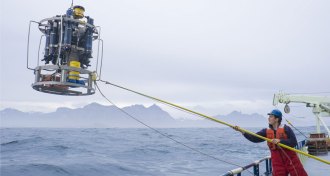 Climate
ClimateClimate change might not slow ocean circulation as much as thought
New measurements may call for a rethink of what controls ocean circulation in the North Atlantic.
-
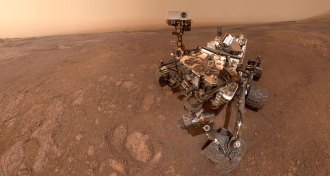 Planetary Science
Planetary ScienceNASA’s Curiosity Mars rover weighed the mountain it’s climbing
Curiosity measures gravity as it drives, allowing scientists to weigh Mount Sharp and determine that the rock is less dense than expected.
-
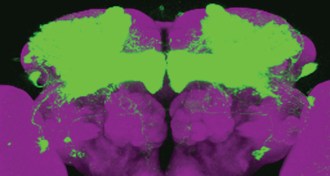 Genetics
GeneticsThis bacteria-fighting protein also induces sleep
A bacteria-fighting protein also lulls fruit flies to sleep, suggesting links between sleep and the immune system.
-
 Animals
AnimalsGiant pandas may have only recently switched to eating mostly bamboo
Giant pandas may have switched to an exclusive bamboo diet some 5,000 years ago, not 2 million years ago as previously thought.
By Jeremy Rehm -
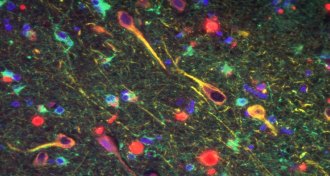 Neuroscience
NeuroscienceNo, we don’t know that gum disease causes Alzheimer’s
A recent study linked gum disease and Alzheimer’s disease, but the results are far from conclusive.
-
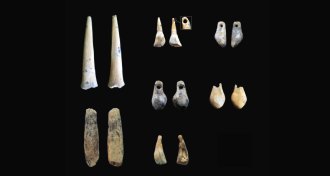 Anthropology
AnthropologyNew dates narrow down when Denisovans and Neandertals crossed paths
Mysterious ancient hominids called Denisovans and their Neandertal cousins periodically occupied the same cave starting around 200,000 years ago.
By Bruce Bower -
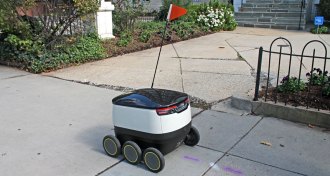 Artificial Intelligence
Artificial IntelligenceA new AI training program helps robots own their ignorance
AI systems struggle to know what they don’t know. Now scientists have created a way to help autonomous machines recognize their blind spots.
-
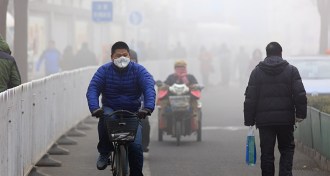 Health & Medicine
Health & MedicineChinese ‘tweets’ hint that happiness drops as air pollution rises
A study of more than 210 million social media posts reveals a link between people’s sense of well-being and pollution.
By Sujata Gupta -
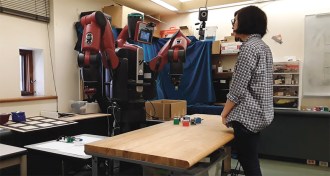 Artificial Intelligence
Artificial IntelligenceThis robot learned not to mess with other people’s stuff
Ownership-respecting robots could soon understand the difference between chucking a Styrofoam cup and someone’s favorite mug.
-
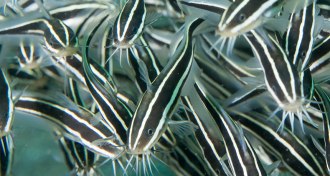 Animals
AnimalsScientists name 66 species as potential biodiversity threats to EU
North America’s fox squirrel, the venomous striped eel catfish and 64 other species are now considered invasive in the European Union.
-
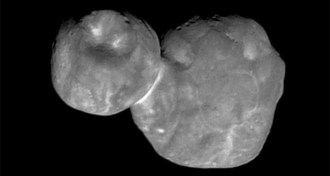 Planetary Science
Planetary ScienceThe latest picture of Ultima Thule reveals a remarkably smooth face
Kuiper Belt object MU69, nicknamed Ultima Thule, is largely unmarred by impact craters, suggesting the Kuiper Belt might lack small objects.
-
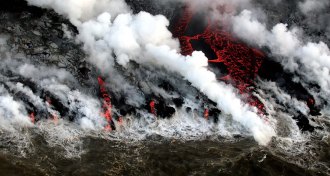 Earth
EarthFive explosive things the 2018 eruption taught us about Kilauea
Kilauea’s 2018 eruption allowed volcanologists a clear window into the processes that have shaped and influenced the world’s most watched volcano.